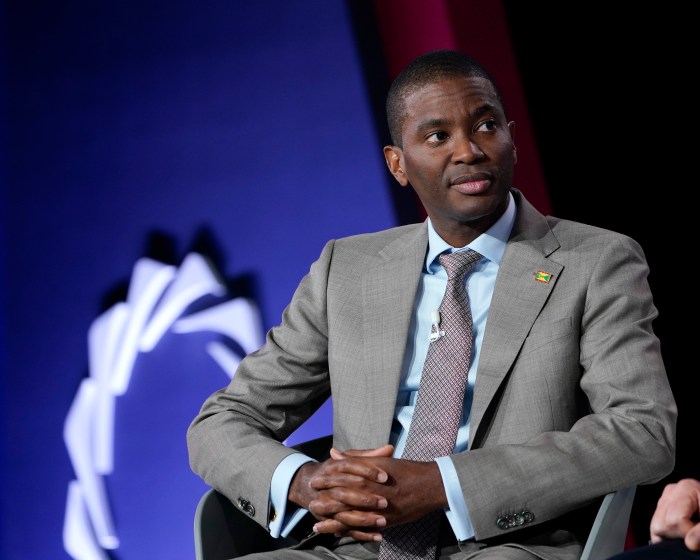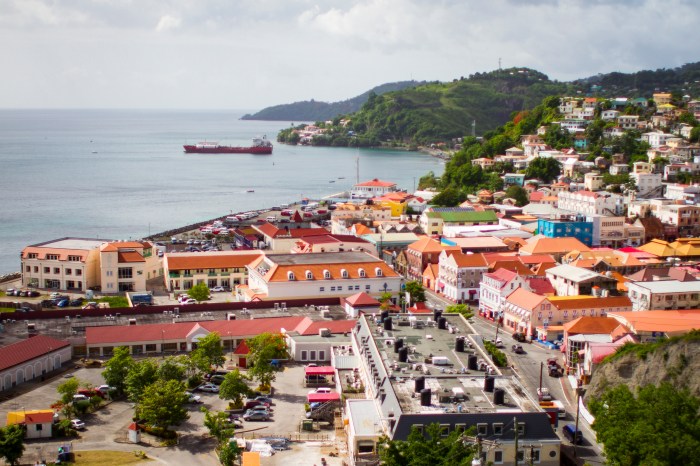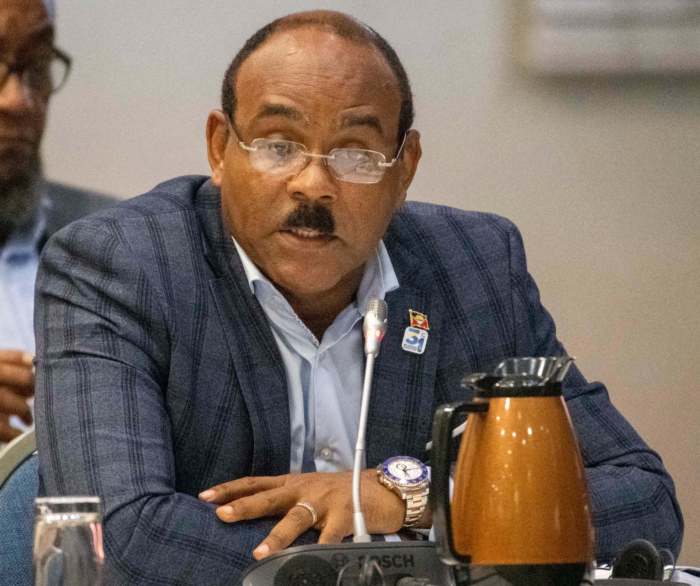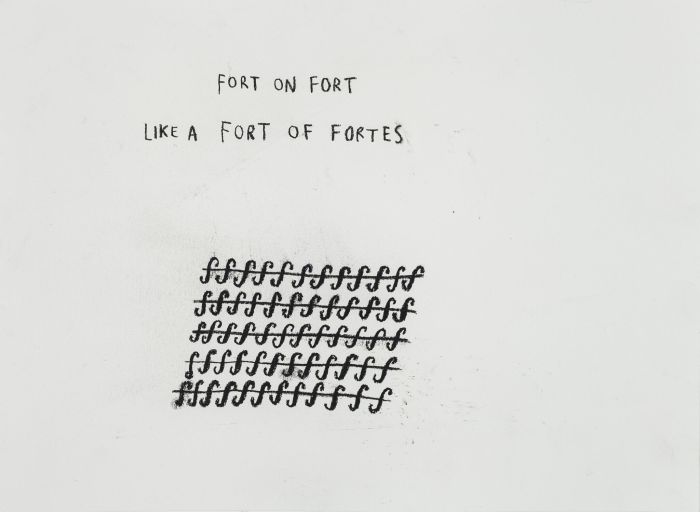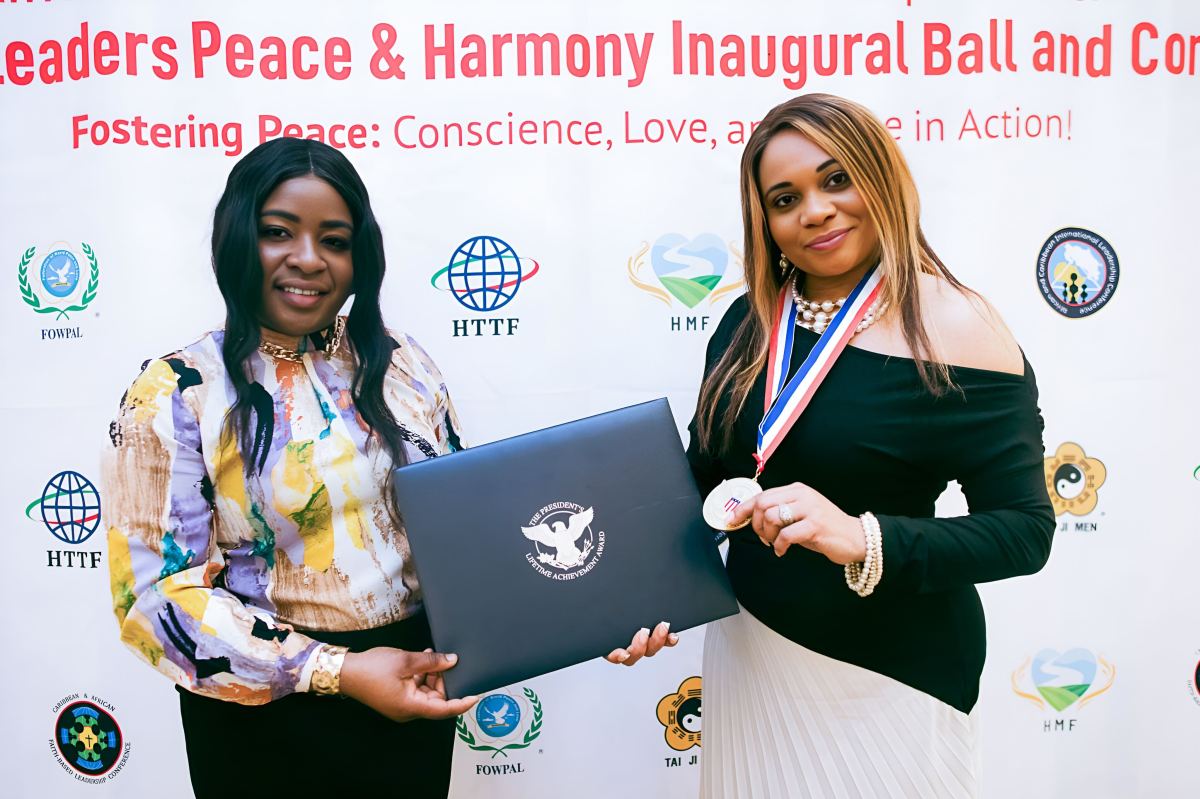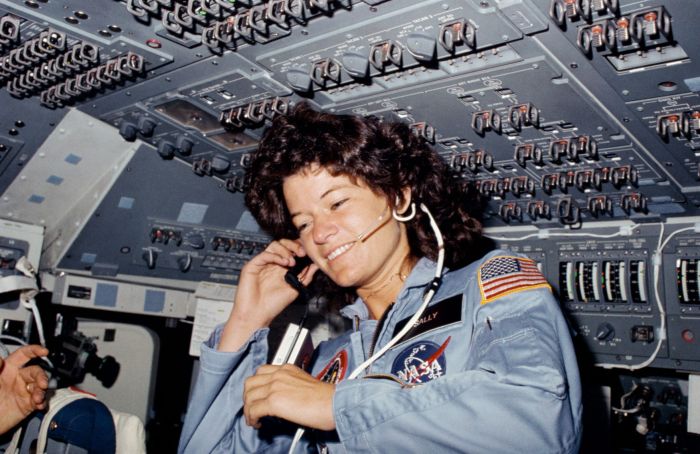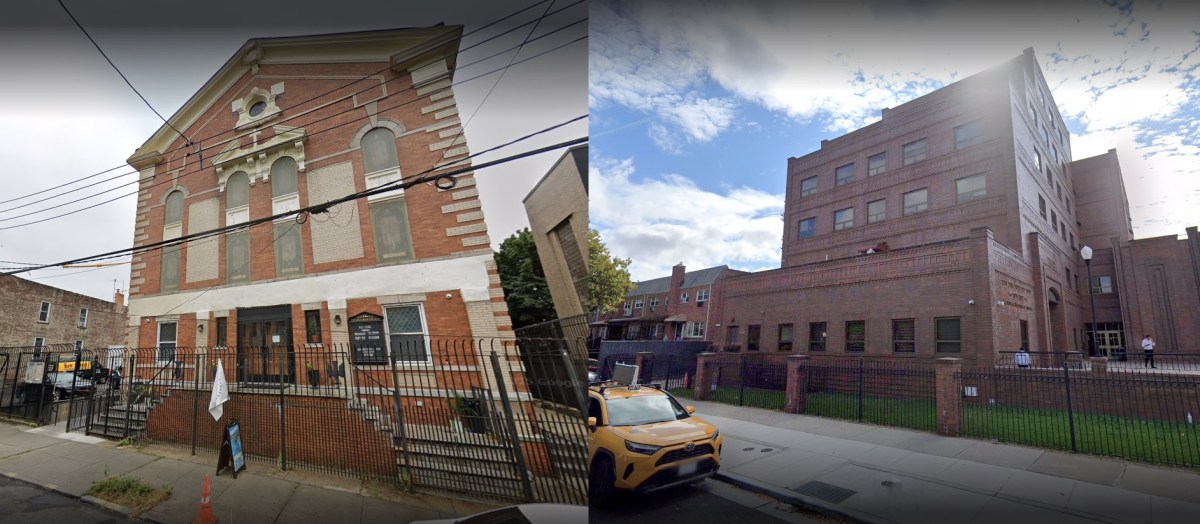It’s a classic example of a David vs Goliath story; but this one is not Biblical.
A small Eastern Caribbean island which genuinely thought it had found an innovative way to make millions, by offering itself as a home-base for Internet gambling to supplement annual revenues from its tourism and offshore finance sectors.
But U.S. authorities — upset that Americans were taking advantage of the opportunity to log on to the site and place millions of dollars in wagers, declared the operation a major crime and began preparations to dismantle it.
Court challenges followed but once the system was dismantled almost completely and indictments handed out to some of the investors, a full-fledged trade war developed between the U.S. and Antigua with the U.S. using its superior might to not only crush the online gaming sector, but also refuse to accept a ruling from the world trade referee that it was wrong to shut down the Caribbean island’s major revenue source.
Stunned by what Prime Minister Baldwin Spencer described as the loss of more than 3,000 jobs and more than $1B in revenues annually, Antigua took the mighty U.S. to the Geneva-based World Trade Organization (WTO) in 2004 to challenge the move and won. Washington made it clear that it was not amused but even before then, had agreed to abide by the ruling, confident it would have its way.
Now 11 years after the WTO ruling that Antigua had not only won its case against the U.S., but slso should be compensated to the tune of millions of dollars per year, it is yet to benefit from the courrt ruling, having not received a penny to date in payments and there is no indication that the dispute will end anytime soon.
Entirely frustrated, the island’s delegation to last week’s Caribbean trade bloc’s trade ministers meeting, which ended at the weekend in Guyana had asked the meeting to pronounce on the dispute and show support for a fellow bloc member that is suffering from more than a decade in denied revenue earnings.
The ministers wasted no time in issuing a special statement on the issue, warning that the very credibility of the WTO is on the line, given the blatant American disregard for its ruling in favor of Antigua.
“The ministers said that the case is long outstanding and had the potential to undermine the credibility of the dispute settlement mechanism of the multilateral trading system. The council noted that the U.S. had so far failed to become compliant with the decision of the tribunal and had also failed to reach a settlement. The meeting urged the U.S. to make additional efforts to reach a fair settlement.”
The WTO ruling, a year after Antigua approached it for settlement, had said that while the U.S. had a right to protect its citizens from the perils of online gaming, it was nevertheless allowing its domestic horse-racing industry to offer Internet wagering also internationally calling it a contradiction.
The body then gave the U.S. a year to either allow gaming to restart out of Antigua, shut down the Internet gaming section of its horseracing industry or settle bilaterally with Antigua; but authorities say the ruling has largely been ignored. Antiguan authorities said the U.S. had offered it a settlement starting at a mere $500,000 and other smaller amounts, calling it an insult.
It is unclear what other options are left to Antigua, since it had in 2007 made a second approach to the WTO for redress.
The body ruled that Antigua could ignore American copyright patent and related laws; sell copyrighted products and rake in the sales even as Washington warned of dire consequences if it so did.



